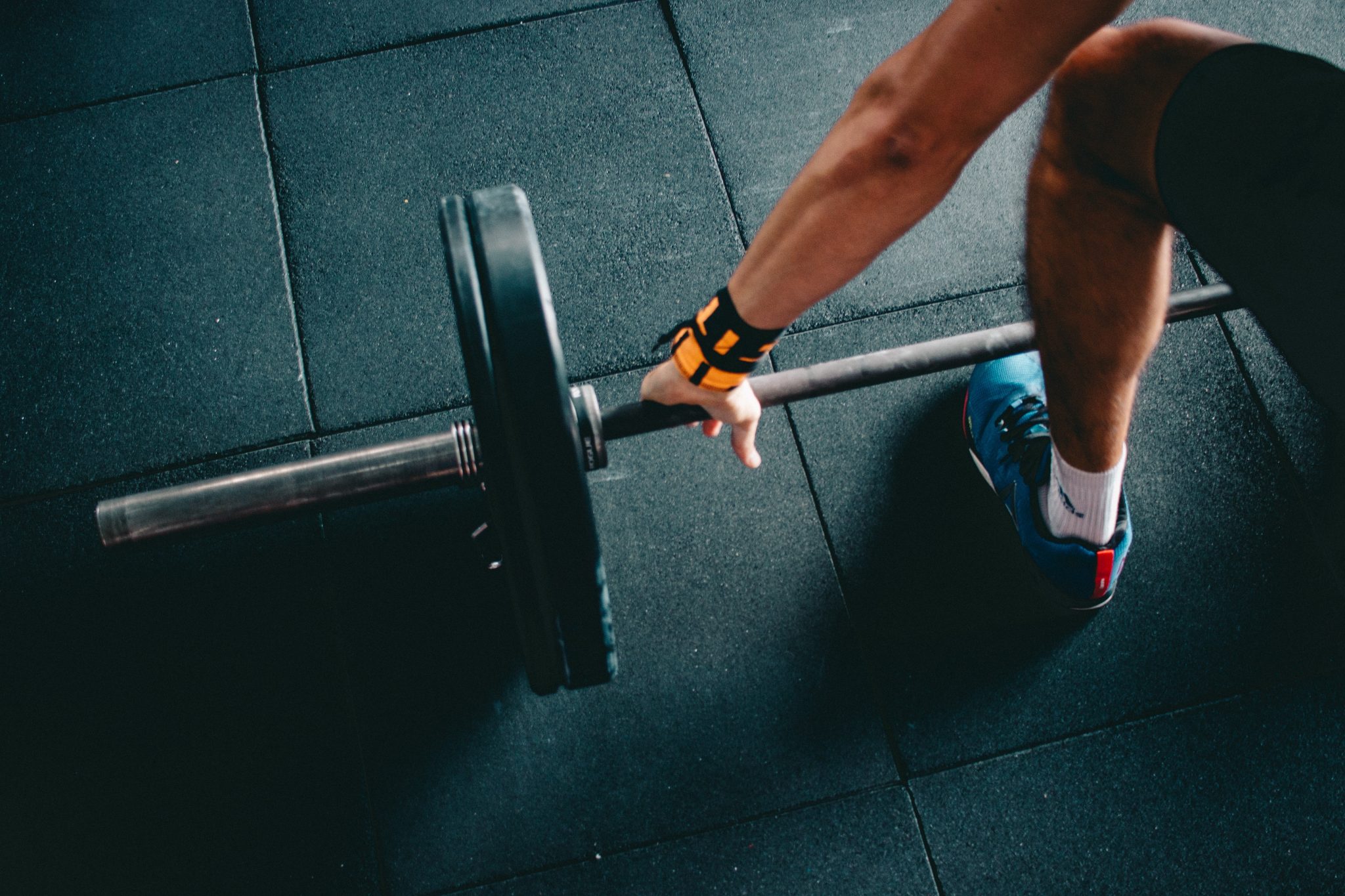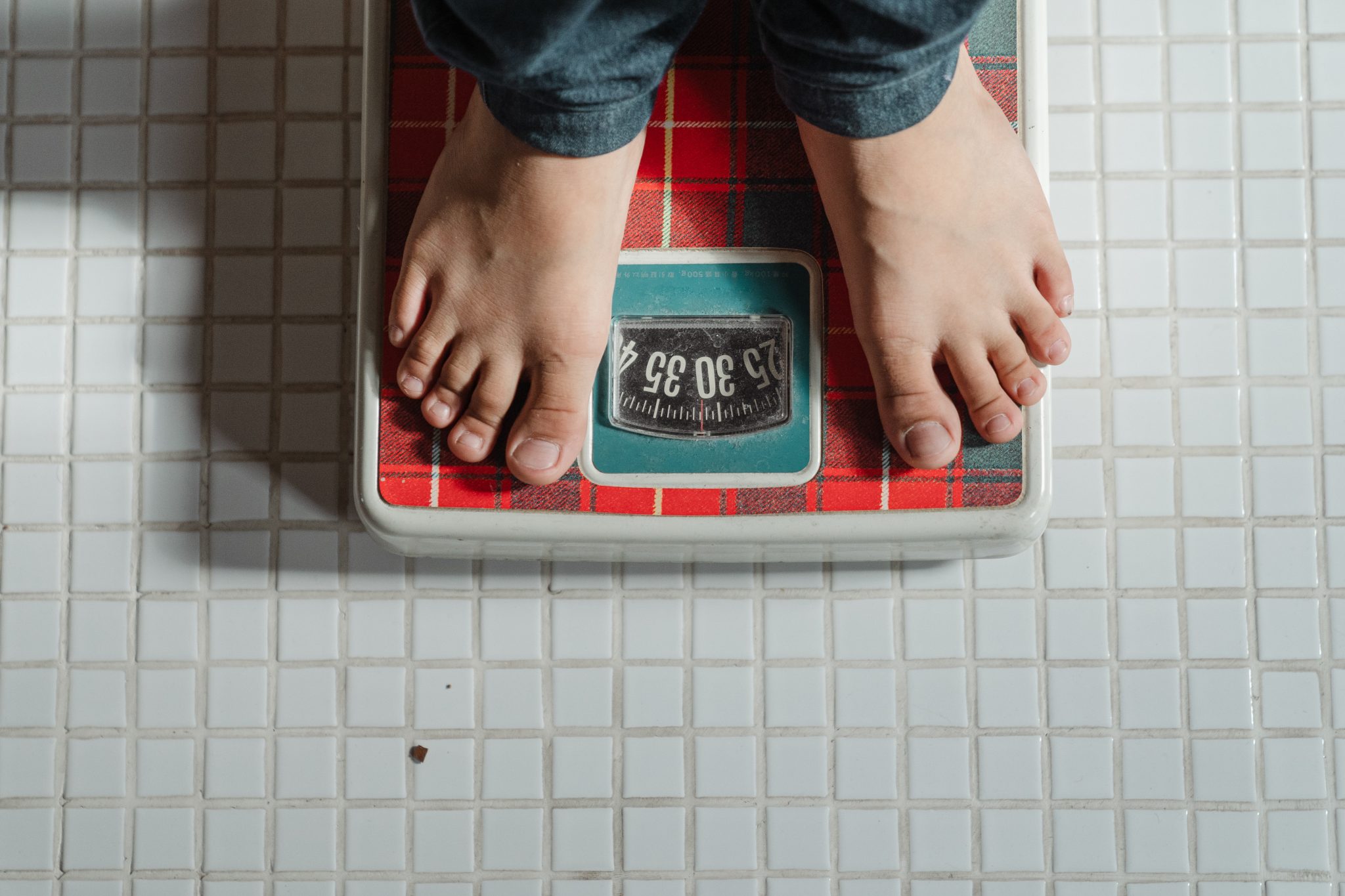Losing weight is never an easy undertaking.
If you want to shed those unwanted pounds and finally get that beach body you’ve been dreaming of, it’ll require a good deal of hard work, consistency, and perseverance. This probably isn’t headlining news to you, though. Now, a question many people ask themselves is, “How long should I exercise every day?” The short answer is – it depends.

We all have different metabolisms, which means there isn’t a one-size-fits-all solution. That said, several benchmarks have proven useful for many gym-going enthusiasts.
In the following guide, we delve into this common interrogation to, hopefully, help you put together an effective workout plan and reach your objectives for a healthier body and mind.
Consider Your Goals
Before creating a workout schedule, you must take the time to set your fitness goals. By that, we mostly mean your ideal target weight. Having an idea of where you are now and where you want to be won’t just help you exercise more efficiently, but it’ll also help you stay motivated throughout your weight loss journey.
As such, start by measuring your height and weight and calculate your body mass index, a ratio that assesses your total body fat. You should strive for a BMI between 18.5 and 24.9, the typical range for a healthy adult.

Suggested Amount of Daily Exercise
To determine how long you should work out every day, you must factor in your overall fitness level. For example, if you haven’t been to the gym or practiced a regular physical activity in a while, you’d best start slow; 15-20 minutes per day for the first week or two should help your body get reacquainted with being active.
After that, personal trainers over at Fintys recommend gradually increasing this duration until you reach 35-40 minutes of vigorous daily exercise. Never rush yourself into long and intense workout sessions, hoping it’ll get you to lose weight faster; it’s a process, and your body needs to adapt. So, aim for a steady half-hour every day, and while you’re at it, scour the web to find a trusted website with workout and nutrition tips for optimal loss.
Workout Recommendations
There are several ways you could go about losing weight with physical exercise. Invariably, this will involve a lot of cardio to get your heart pumping, burn calories, and boost your stamina and endurance. That said, don’t only limit yourself to a moderate treadmill or elliptical pace every time. Remember that how you exercise is just as important as how long you do. For instance, you could alternate between low-impact long sessions (45-90 minutes) and high-intensity shorter ones (20-30 minutes).

Diversifying your workout is bound to get you better results, too. Choose an activity that you like, whether it’s soccer, cycling, or rowing, and test your weekly limits. Combined with plenty of cardio and a healthy diet, you should start to witness results in no time. At the end of the day, a lot of people succeed in striking a balance with trial-and-error, so dedicate your first few weeks of working out to experimenting and seeing what works for you.
The Importance of Rest
Many of those who want to lose weight are often under the impression that they must work out every day. Doing this from the get-go is the best way to exhaust yourself, throw in the towel, and fall back into your old habits. As established, start slow and find your own rhythm. If you’re able and willing to exercise 5 to 6 days a week, create a routine that won’t get you completely exhausted. If you can only hit the gym once or twice a week, though, give these sessions everything you’ve got, as your body will have more time to recuperate in-between.
Tracking Your Progress
Lastly, but importantly, monitoring your progress should be a priority. Whether it’s done via a journal, a fitness app, or by taking selfies in the locker room, always track how far along you are from reaching your objectives. This will keep you motivated and help you assess your performance and fitness level. With this knowledge that you build over time, you’ll be able to make more informed choices as to how long your workout sessions should last.

Evidently, self-discipline and getting to know your own body are vital in establishing a proper exercise routine. Unless you can afford the services of a personal trainer who will tailor workout and meal plans for you, it’s advised that you keep documenting yourself and experimenting with different sessions’ durations until you manage to strike a good, sustainable balance. Losing weight (and keeping it off) takes time, so don’t be in a rush, and allow yourself to be in sync with your body.






